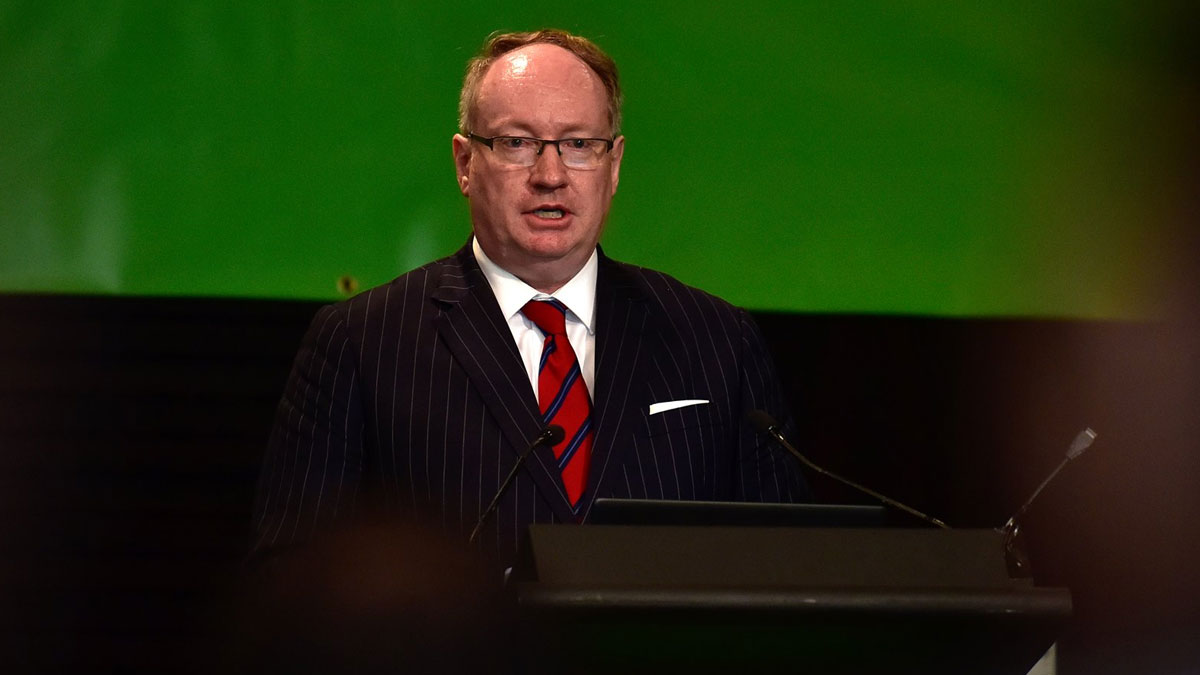
The government is setting expectations its run of budget surpluses is coming to an end, forecasting that a major hit to mining exports in the years ahead will undermine Australia's federal budget by billions of dollars.
Wednesday's update to the federal budget will reveal a $100 billion downgrade in mining exports by Treasury over the four years to 2027-28.
The blow reflects the drop in demand for iron ore and other commodities as Australia's largest trading partner, China, struggles to shore up its deteriorating economy.
That downward revision will mean the government will take $8.5 billion less in company tax over the same time, eating away at surpluses and giving the government less money to play with.
Treasurer Jim Chalmers is warning that even as inflation pressures ease, managing the budget will remain a difficult task.
"The global economy is uncertain, the global outlook is unsettling and that's weighing heavily on our economy," Mr Chalmers said in a statement.
"Pressures on the budget are intensifying, global volatility is a big part of the story and you'll see that in the mid-year update."
Decade in the red begins Yesterday Mr Chalmers revealed an extra spend of $1.8 billion to pay out a backlog of claims due to veterans would cause "slippage" in the budget position since a $15.8 billion surplus was delivered for the last financial year.
The federal government has celebrated two consecutive surpluses it delivered in last year's budget and this year's, the first in more than a decade.
But it has long forecast the budget will fall back into deficit for the next decade, reducing the government's ability to pay down almost $500 billion in debt owed and reducing flexibility in spending.
Deloitte Access Economics predicted Wednesday's update would show a $33.5 billion deficit for this financial year, which would be a deterioration of $5.2 billion since May and the largest year-on-year change in the bottom line ever recorded.
Ahead of the update, economist Chris Richardson said Australia's luck had been remarkable, and war, migration and inflation had provided a $365 billion tax boon.
But that luck was running out, he said, and with little structural reform to the budget, it could be expected to fall into the red for years to come.
The Mid-Year Economic and Fiscal Outlook will be delivered on Wednesday.
Stay tuned for the latest news on our radio stations


